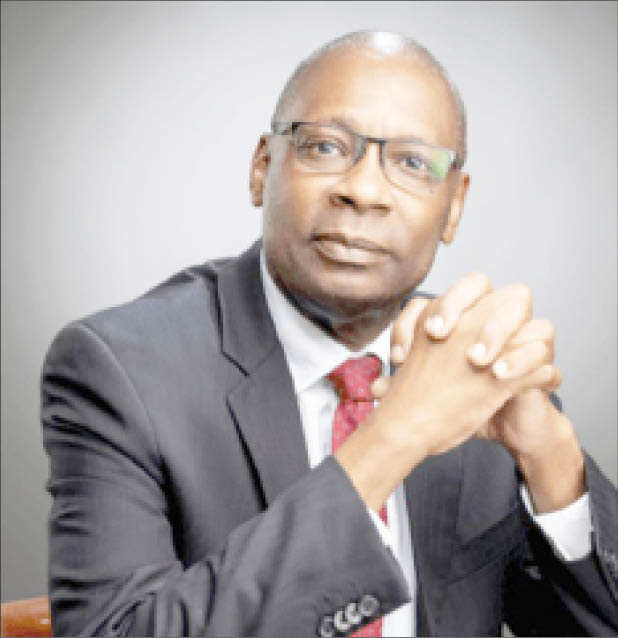The bank directors under the auspices of the Bank Directors Association of Nigeria (BDAN) has said, the 79 per cent windfall tax levied on banks is inimical to growth of the sector as and would affect quality of services rendered even as they seek clarifications on the ambiguities surrounding its implementation.
Chairman of BDAN, Mustafa Chike-Obi, in a statement released after the meeting of its members on the new levy, stated that, whilst banks acknowledge and respect the intentions of the government in implementing the windfall tax, “we suggest that a 70 per cent tax rate is excessively burdensome and ill-timed, particularly considering the ongoing bank recapitalisation efforts. Such a high levy has the potential to stifle growth and innovation within the banking sector; ultimately affecting the quality of services we provide to our customers and the broader economy.”
Stating that banks in Nigeria are one of the most heavily-taxed across the world, he said, “We believe that it is vital for all stakeholders in the banking sector to have been consulted prior to the enactment of such significant changes in the Finance Act 2023. Open dialogue and negotiation are essential to ensure that policies are both equitable and effective.
“A primary concern lies in the ambiguities of the language in this amendment which leave critical questions unanswered. Such as, whether the windfall tax will be implemented as a Total Tax charge on banks, incorporating other taxes already levied such as Company Income tax, Tertiary Education Tax, National Information Development Levy (NITDL), etc.
“We also request clarification on what constitutes “FX transactions” to be taxed and the treatment of banks that may incur losses rather than gains during this period. We urge the government to provide clear guidelines on this matter to avoid further uncertainty.”
Calling for a consolidation of all taxes and levies imposed on banks, he said, “It would also be critical to reassure the banking community that future levies and taxes will not be arbitrarily imposed.
“In view of these concerns, we respectfully urge the National Assembly to revisit this amendment and engage in constructive discussions with stakeholders in the banking sector. By collaborating, we can develop a framework that effectively balances the need for revenue generation with the imperative of fostering a thriving banking environment that supports sustainable economic growth.”





